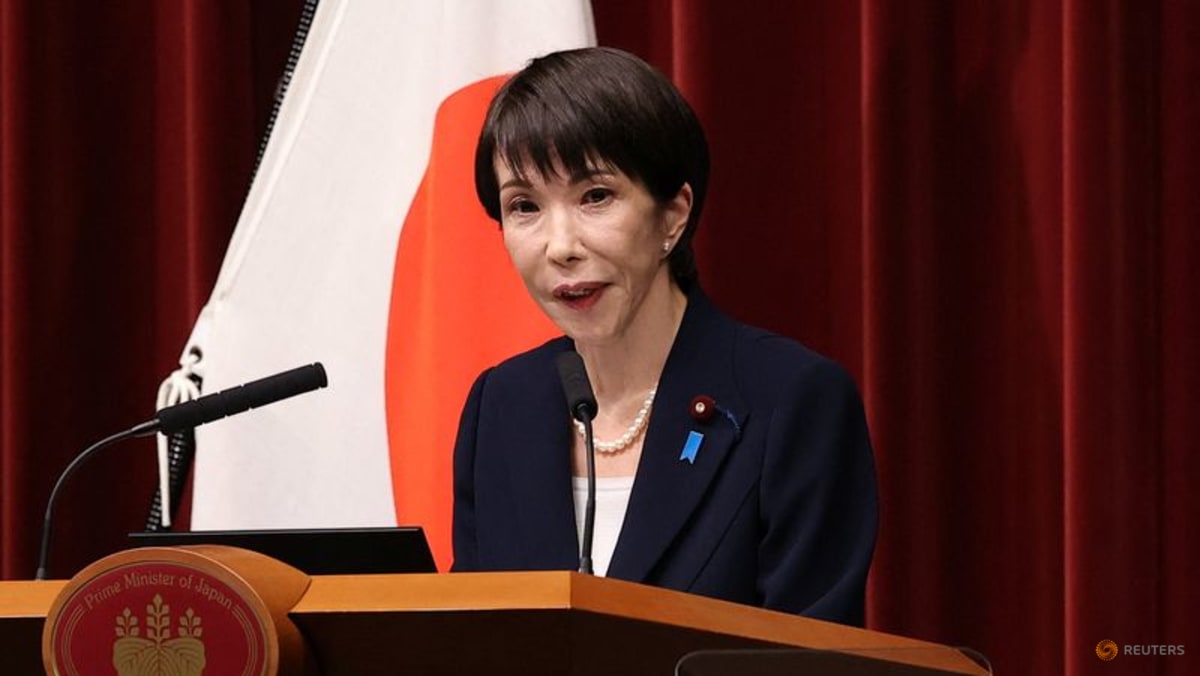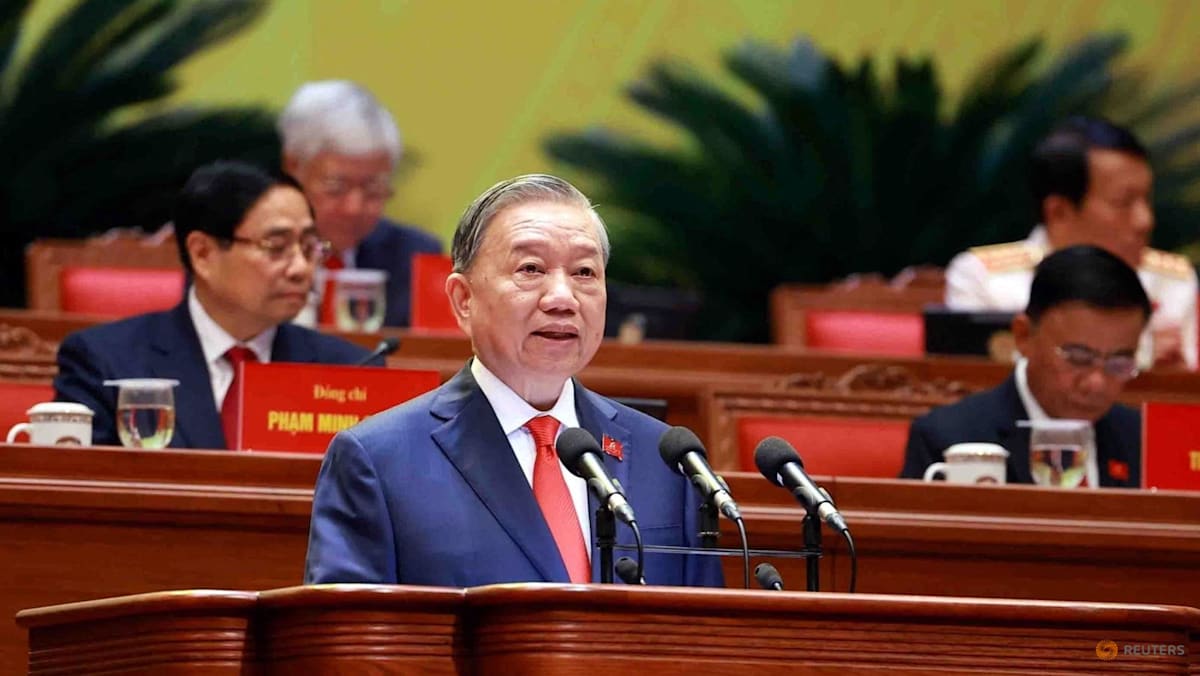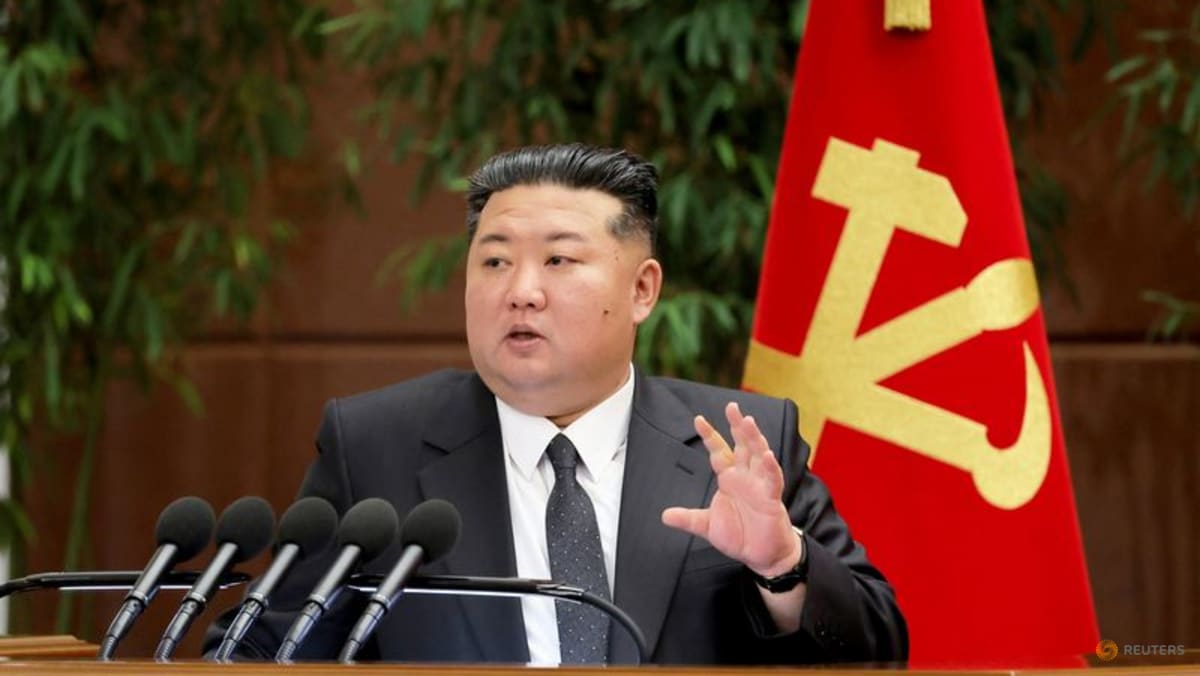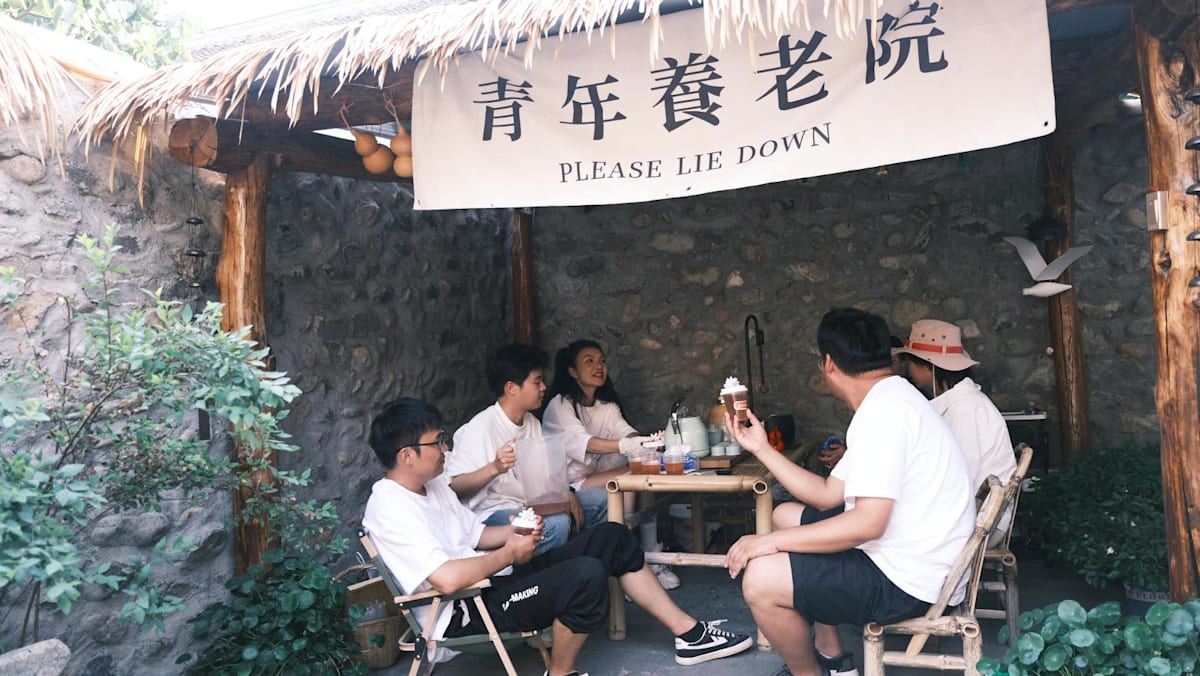Philippines condemns Chinese harassment of supply boats to disputed atoll

BEIJING/MANILA: The Philippines condemned China’s coast guard and “maritime militia” on Friday (Sep 8) for what it described as “illegal, aggressive and destabilising” behaviour towards its boats during a routine rotation and resupply mission in the South China Sea.
Vice Admiral Alberto Carlos said that despite the Chinese actions, supplies were delivered on Friday to Philippine troops stationed on a warship that had been deliberately grounded on an uninhabited atoll more than two decades ago to support a sovereignty claim in the disputed Spratly Islands.
The Philippines task force for the South China Sea, an inter-agency government body, said in a statement the supply boats had reported “harassment, dangerous manoeuvres, and aggressive conduct” of Chinese vessels as they carried out a “legitimate” operation.
China’s coast guard said two Philippine supply boats and two coast guard ships entered the waters adjacent to the shoal without permission from the Chinese government.
It said its vessels followed the Philippine vessels and issued a stern warning, repeating China’s “firm” opposition to the transportation of “illegal” construction materials.
The latest incident comes in the wake of rising tensions following a confrontation on Aug 5, when Chinese vessels fired water cannons at a Philippine boat delivering supplies to troops on the Sierra Madre warship grounded on the Second Thomas Shoal.
Manila has rejected Beijing’s calls for it to tow the World War II-era warship off the atoll, which lies within the Philippines’ exclusive economic zone. The Philippines’ name for the atoll is Ayungin, while China refers to it as Renai Reef.
Relations between the two countries froze over the South China Sea under Philippine President Ferdinand Marcos Jr, with Manila pivoting back to the United States, which supports the Southeast Asian nation in its maritime disputes with China.
The Southeast Asian nation also upgraded bilateral ties with Australia to a strategic partnership amid rising security challenges, including China’s stronger presence in the South China Sea.
Source: CNA















